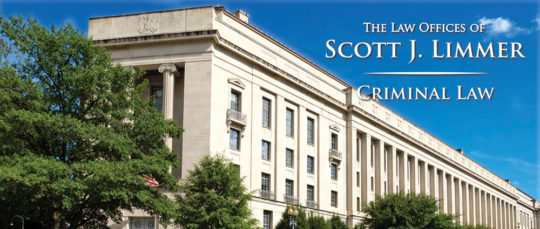The Federal Commission on School Safety, created after the mass shooting last February at Marjory Stoneman Douglas High School in Parkland, Florida, in which former student Nikolas Cruz killed 17 students and staff members, issued its report on December 18.
Among the Commission’s nearly 100 recommendations was eliminating “guidance” statements made jointly by the Obama administration’s Department of Education (DOE) and Department of Justice in 2014, which critics say discourage elementary and secondary schools from reporting to law enforcement students who may pose safety risks.
The report of the panel, chaired by DOE Secretary Betsy DeVos and comprising her and the heads of the Departments of Health and Human Services, Homeland Security, and Justice, called the 2014 guidance well-meant, but voiced serious concerns it might have “paradoxically contributed to making schools less safe.”
The Obama-era guidance warned school disciplinary policies have sometimes been disproportionately invoked against racial and ethnic minorities, citing data that African-American students have been suspended or expelled at more than triple the rate for white students, and that half of students referred to police by schools are Hispanic or African-American. Titles IV and VI of the Civil Rights Act of 1964 forbid discrimination by elementary or secondary education programs run or funded by the federal government.
So early in 2014, the two federal agencies provided their views of how they will judge school disciplinary policies, urging schools to “Rethink School Discipline” and sending school officials nationwide advisories that violations can bring federal investigations, lawsuits and funding cut-offs.
The temporary commission’s recently issued report faulted the Obama-era guidance on three main grounds: first, for making teachers and school officials more reluctant to impose discipline, for fear of the consequences to their funding and control, areas the report argues are inherently local in scope, and for misstating the reach of the proper federal legal authority.
The 2014 guidance did not restrict themselves for policies or practices that clearly violate Titles IV or VI of the Civil Rights Act by being either intentionally different treatment based on race, national origin, or other improper grounds. Instead, the guidance asserted the enforcement agencies’ view that it also authorized sanctions against what lawyers call disparate impact – i.e., policies or practices which on their face appear neutral, but somehow wind up have an outsized impact on a racial or other legally protected group.
This directly led to the commission’s third objection to the Obama-era guidance: schools had little clear idea of when their disciplinary policies might come under attack, if they could be attacked with claims that federal enforcers could claim statistical disparities among demographic groups could be used to challenge a school’s discipline rules or practices, no matter with how much good faith they had been adopted and implemented.
Although the report of the Federal Commission on School Safety also addressed a wide range of additional issues, including gun control measures, arming teachers, violent video games, and cyberbullying, it generally expressed a strong emphasis on avoiding across-the-board answers devised by federal authorities.
Throughout, it repeatedly stressed its view the most effective approach to these areas, as with school discipline, was to allow local educators to determine what works best, rather than look to federal policymakers to devise nationwide answers, and to exert greater control.
About the Author

Scott J. Limmer is a New York criminal attorney practicing primarily in Nassau, Suffolk, and Queens counties. You can contact Scott anytime. He is available 24 hours a day, 7 days a week, year-round and your initial consultation is free.
